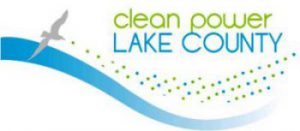
The principles are the outcome of a meeting organized by the Union of Concerned Scientists to discuss policies to spur deployment of energy storage and how to design policies that put communities first.
“When combined with investments in clean energy, storage has the potential to hasten retirements of coal and even natural gas plants across the country. This is critical not only for our climate and decarbonization goals, but also to improve air quality in frontline communities,” according to a May 8, 2019, blog post by Jeremy Richardson, senior energy analyst for the Union of Concerned Scientists.
Energy storage is a technology that is poised to expand dramatically in coming years. It has a wide range of potential applications.
Meeting participants focused on the types of uses for storage that would benefit disadvantaged communities. These uses include:
- Replacing peaking power plants and fossil-fired plants
- Keeping the lights on and bouncing back more quickly from power outages
- Accelerating the development and integration of renewable energy on the grid
These principles can help state policymakers and advocates focus on solutions that ensure that the growth of energy storage improves all communities.
“Getting energy storage correct and equitable is critical as we move to more renewable energy, said Celeste Flores, co-chair of Clean Power Lake County and Lake County Outreach Director for Faith in Place. She was one of several stakeholders who participated in the December 2018 meeting.
